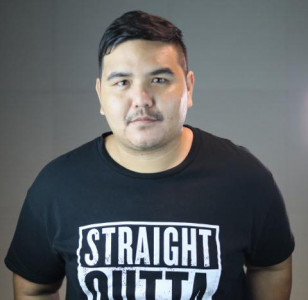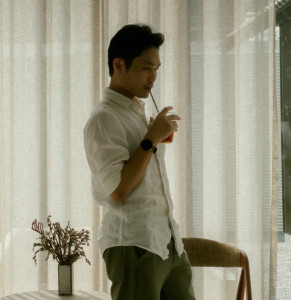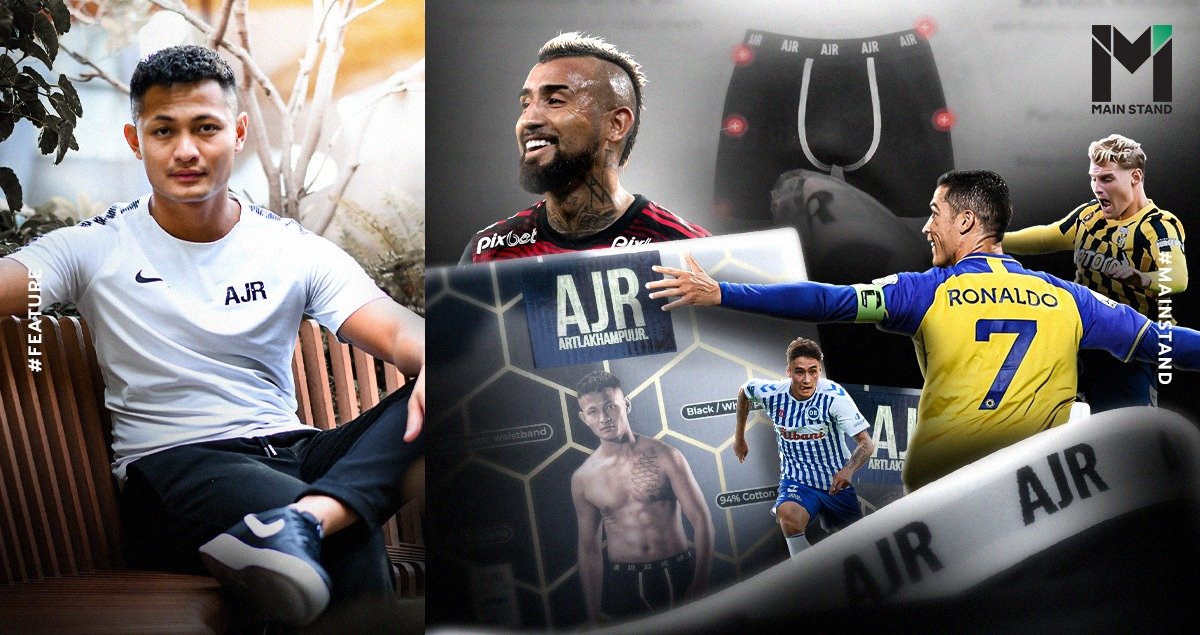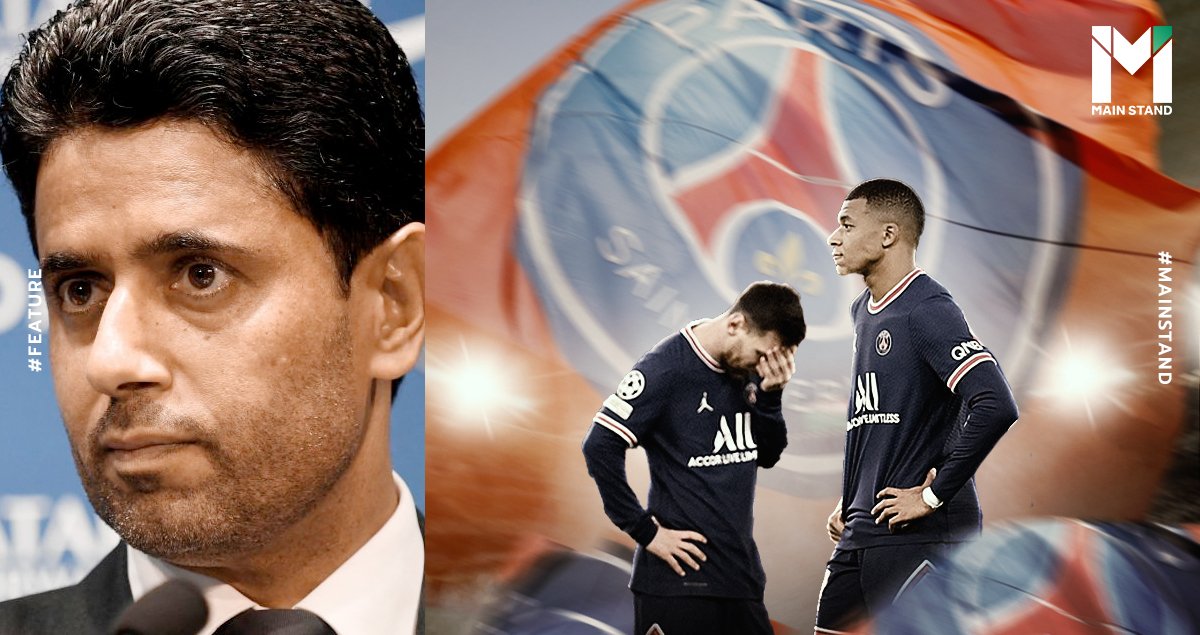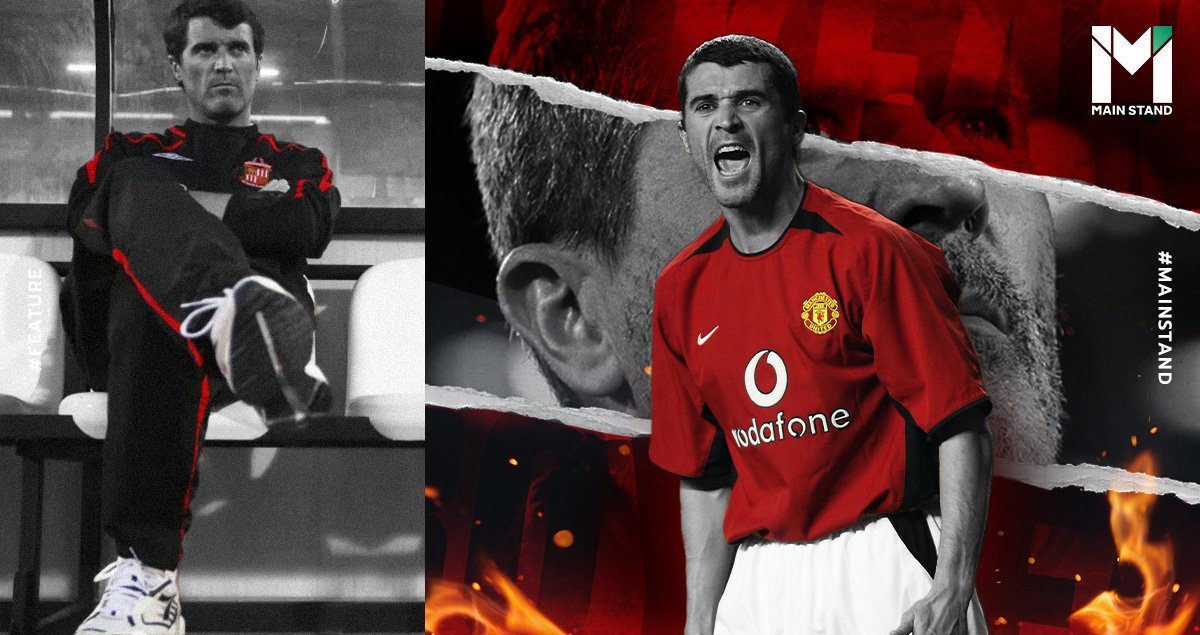
Love him or hate him, Roy Keane is often dubbed as the best team captain by many Manchester United fans.
A dedicated player and a true leader, he's the frontman for his manager on the field. With that chemistry, United snatched many trophies throughout his era.
However, Keane’s greatness diminished once he became a team manager.
What's the difference between being a team captain and a manager? Find out with Main Stand.
A warrior on the field
Keane was known as a fearsome player, and Sir Alex Ferguson brought him from Nottingham Forest for this characteristic.
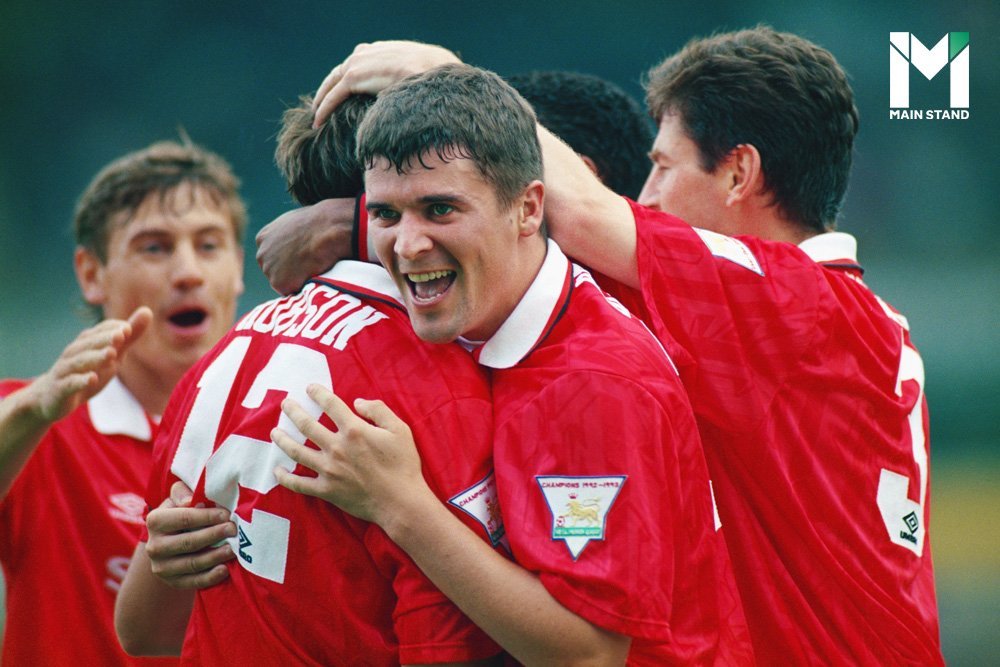
Sir Alex has always believed in the backstory of the players. In his documentary, Never Give In, he said that if you wanted to know what kind of player they are, you need to look back at his generations of a family because football is all about life. So the life story of the players is essential to their identity in football.
Back then, United were at a cornerstone, and a player like Keane was suitable for the team's tactics and Ferguson's team management, which used only two midfielders.
The team's midfielders must be able to play both defensive and offensive, pass the ball effectively, and read the game well.
"Aggression is what I do. I go to war. You don't contest football matches in a reasonable state of mind," Keane spoke of himself.
That's the triad Ferguson was willing to turn a blind eye to his other flaws. It was not like Keane was a perfect player, he was very aggressive, and his fellow teammates admitted that he wasn't close to anyone while he was with Manchester United.
But that was not Ferguson's most significant problem because he intended it in the first place. He wanted Keane to make an example for his younger teammates. So Keane would not complain to others about what he couldn't do himself.
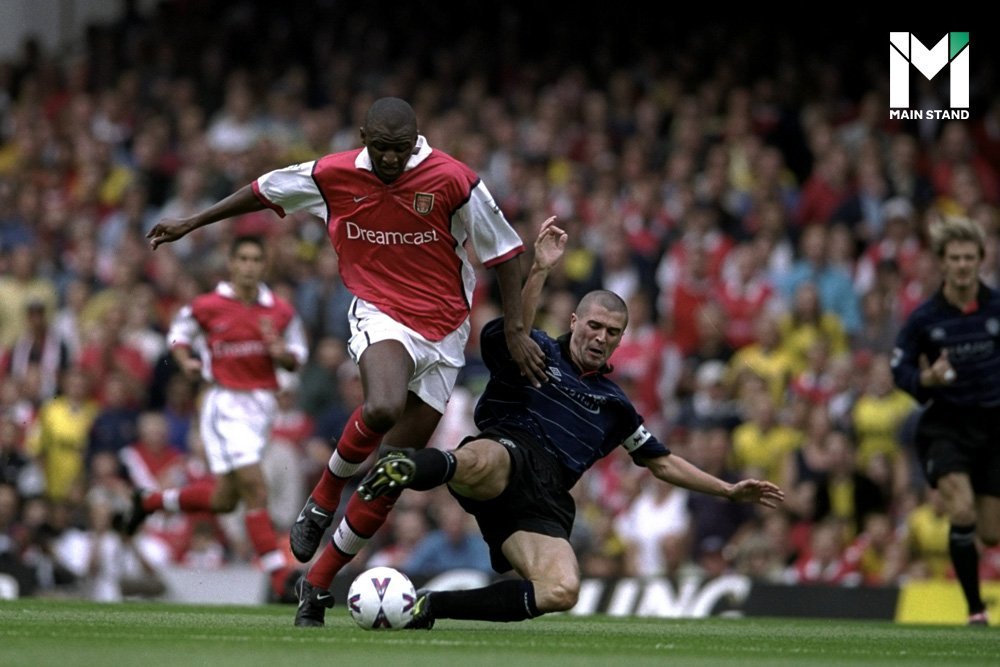
Comparing Keane to a rank in the military, he was the right-hand man for Ferguson, who was like a commander-in-chief. The only thing he had to do was charge forward and bring victory back home.
"Team-building is both a science and an art, especially at that level. Roy Keane would be an excellent drill sergeant, but nothing more," a Sunderland fan said about Keane, who briefly managed the Black Cats.
In 2006, after his retirement, Keane took helm of Sunderland, only to discover that there was a distinction between being a hard man as a player on the field and as a manager of a team.
Reigning with fear
As a team manager, Keane still has the player's mentality and is willing to shout at anyone and burst his rage toward everyone without holding back.
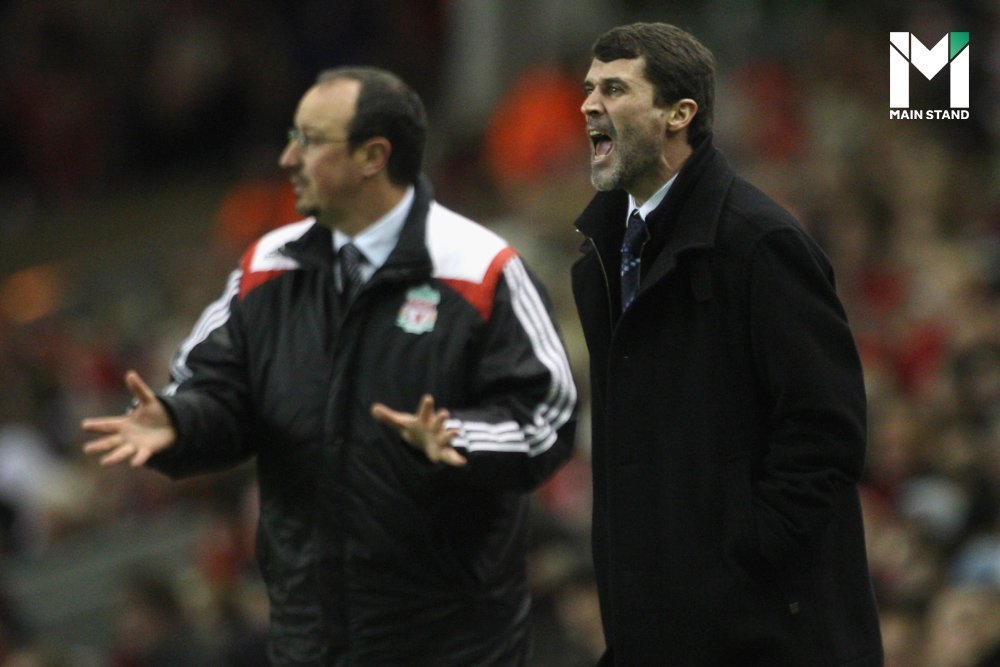
Every Sunderland player said the same thing: Keane ruled them with more fear than respect. He never used any psychological talk, only emotional talk, and he couldn't unite the team this way.
Former Sunderland defender Danny Higginbotham, who worked with Keane while still a player, confirmed that he treated players terribly.
When he was still a captain, he would get angry and yell at them whenever someone made a mistake.
The Sunderland players couldn't predict Keane's emotions. They had always doubted their manager. Although Ferguson did a hairdryer treatment on his players, Keane was different.
He was still a newbie. So every time he was angry at his players, it worked against him as the situation worsened.
"I remember Monday meetings where he'd start well, and then you would see him switch, and you are thinking, Oh my God, here it comes,” Steven Caldwell recalled his time with Sunderland.
"When he went into those rants, I found it nonsensical. I was not scared when he lost it. He could be vicious. The bluntness and the delivery. It was very personal. It was like you'd done it to him.
"I was never scared of him. I was scared of other managers. You are scared when you have so much respect you don't want to let them down. With Roy, I never had that trust or relationship with him."
There were stories from the dressing room about Keane’s anger management issues.
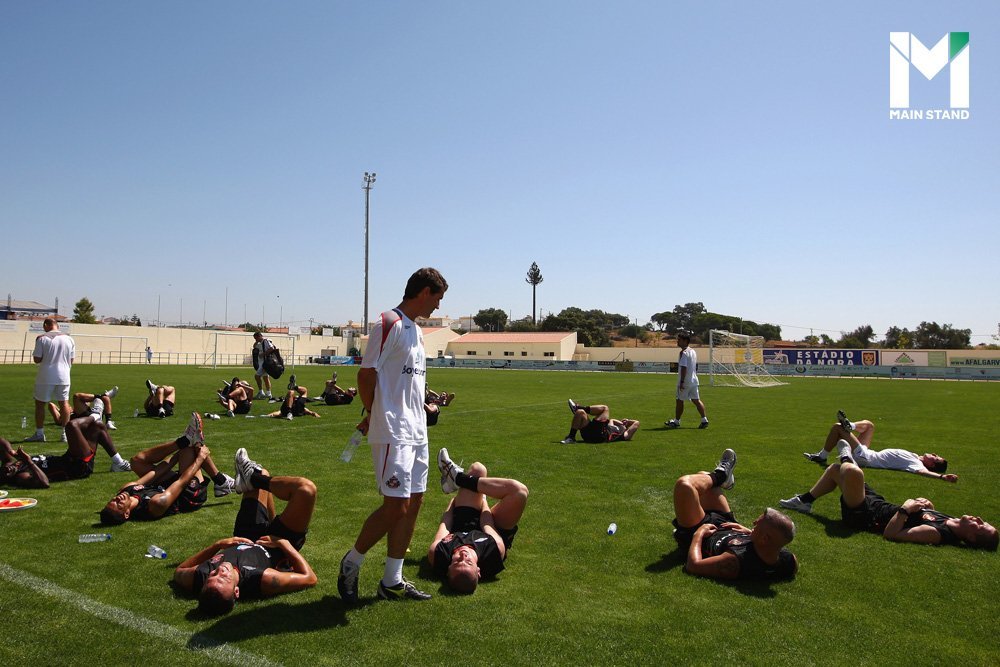
For example, the incident when he was furious and kicked the tactics board in front of all the players. Another was when he went to the opposition’s dressing room and threatened them.
While he was a team captain, no matter how much he did to his teammates while practicing, Ferguson would still be watching and controlling him.
But once he became the team's boss, no one was left to hold him back. The rage and anger inside him that was off the charts led to his downfall.
A failed management skill
When he was still a player, Keane didn't have to worry about having a good characteristic of a manager because all the teams he played already had a coach doing this, and what he had to do was only stimulate other players to keep up with the standard.
However, when he became a team manager, no matter what he told the team, they were unwilling to do it because he couldn't make them trust him in the first place.
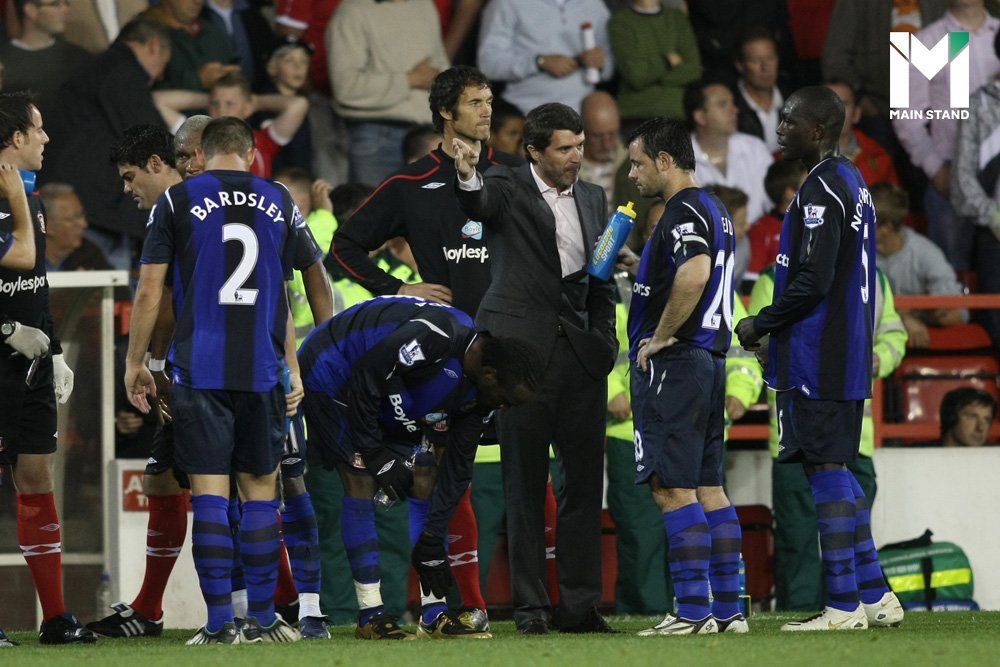
He was the type of coach that would laugh out loud when the journalist told his players they were clowns. But instead, Keane did the opposite of any leading team manager in the world, complaining secretly.
One time he talked about Dwight York, his former teammate who became one of the players under his principality afterwards, openly only because he thought that York, at 36 years old, won't stay fit.
"If I'd known what Dwight was going to do, I wouldn't have given him a new contract, Dwight's a clown, and he's on an ego trip; he's brought this on himself. He's retired from international football about five times. He's Trinidad and Tobago's most famous player, and he's got a stadium named after him out there, but he's 36 years old, he can't play two games in a few days, and hasn't played for us all season because he's had a busted cheekbone," Keane commented on Yorke, which led to both the United legends to cut ties.
Another player who came out to confirm his behavior was Damien Delaney, Captain of the Ipswitch team when Keane was still a manager.
Delaney explained to himself that his management skill of Keane was terrible. He complained about his players but wouldn't tell them what he wanted. In short, being a player under Keane was not the ideal environment to grow.
"It was a difficult time. He picked on me every week, which he didn't do with a lot of people. He'd have a go at me after a game and then not speak to me for about a month but still pick me. That was the only saving grace," said Delaney.
"As long as the manager is picking you. All you want to do as a footballer is play. I put up with anything to play. I learned mentally how to deal with him. I just kind of switched off.
"You tried to stay out of his way as much as you could and just train. You just tried to do what he wanted. He was clear about what he wanted. If you made mistakes, he'd come down on you pretty hard—some more than others.
"It was okay, and I was big enough to deal with it, and I tried not to let it affect me. But it was not an environment where you could flourish. You're battling if you know what I mean. So that was a difficult 18 months."
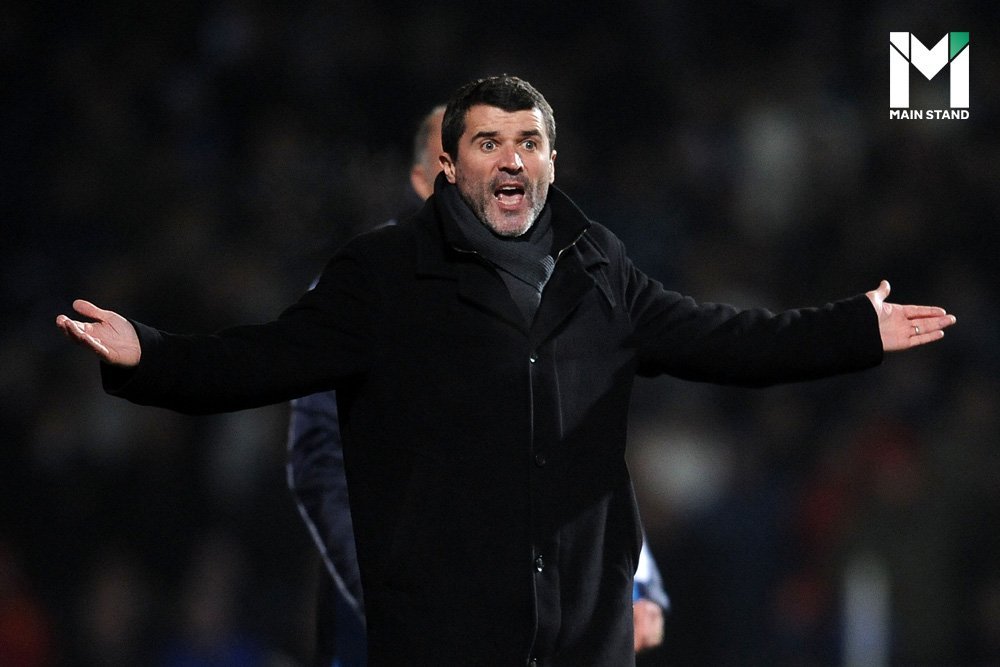
Because of his personality, Keane was tough to talk to. He was not the manager like Jurgen Klopp or Pep Guardiola, who communicated with players personally and told them what they wanted.
Being a team manager is only for some. You need to focus on every detail from everything around you, both on and off the field.
To make this position successful, you can't miss anything, and it was the reason why Keane had been talked about behind his back by the players throughout his tenure. That said, it was probably best that Keane never returned to managerial since quitting Ipswich Town in 2011.
Sources:
https://punditarena.com/football/rudi-kinsella/damien-delaney-roy-keane-ipswich/
https://punditarena.com/football/thepateam/roy-keane-ipswich-town-brian-murphy-championship/
https://www.planetfootball.com/quick-reads/nine-times-roy-keane-utterly-terrifying-even-since-retiring/
https://www.planetsport.com/soccer/features/roy-keane-manager-best-stories-first-spell-coaching-sunderland
https://www.90min.com/posts/roy-keane-s-maddest-moments-as-a-manager
https://www.theguardian.com/football/2008/sep/13/sunderland.premierleague

